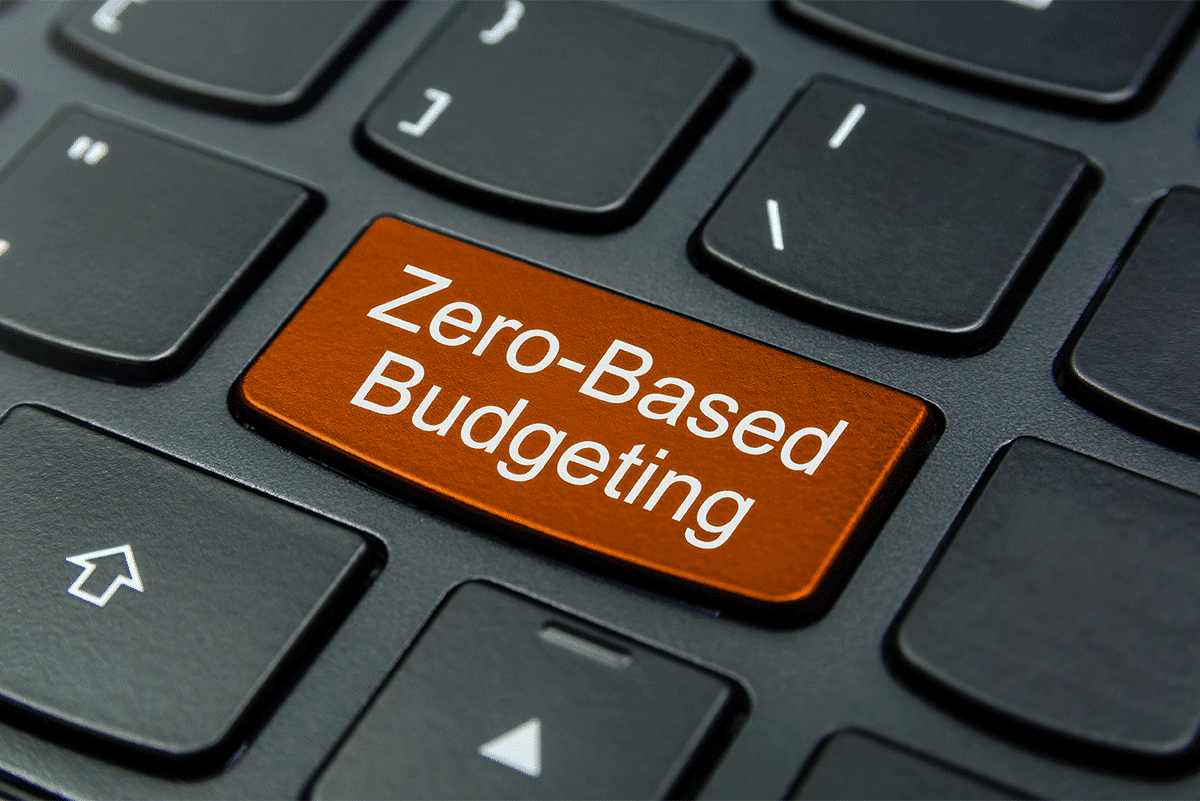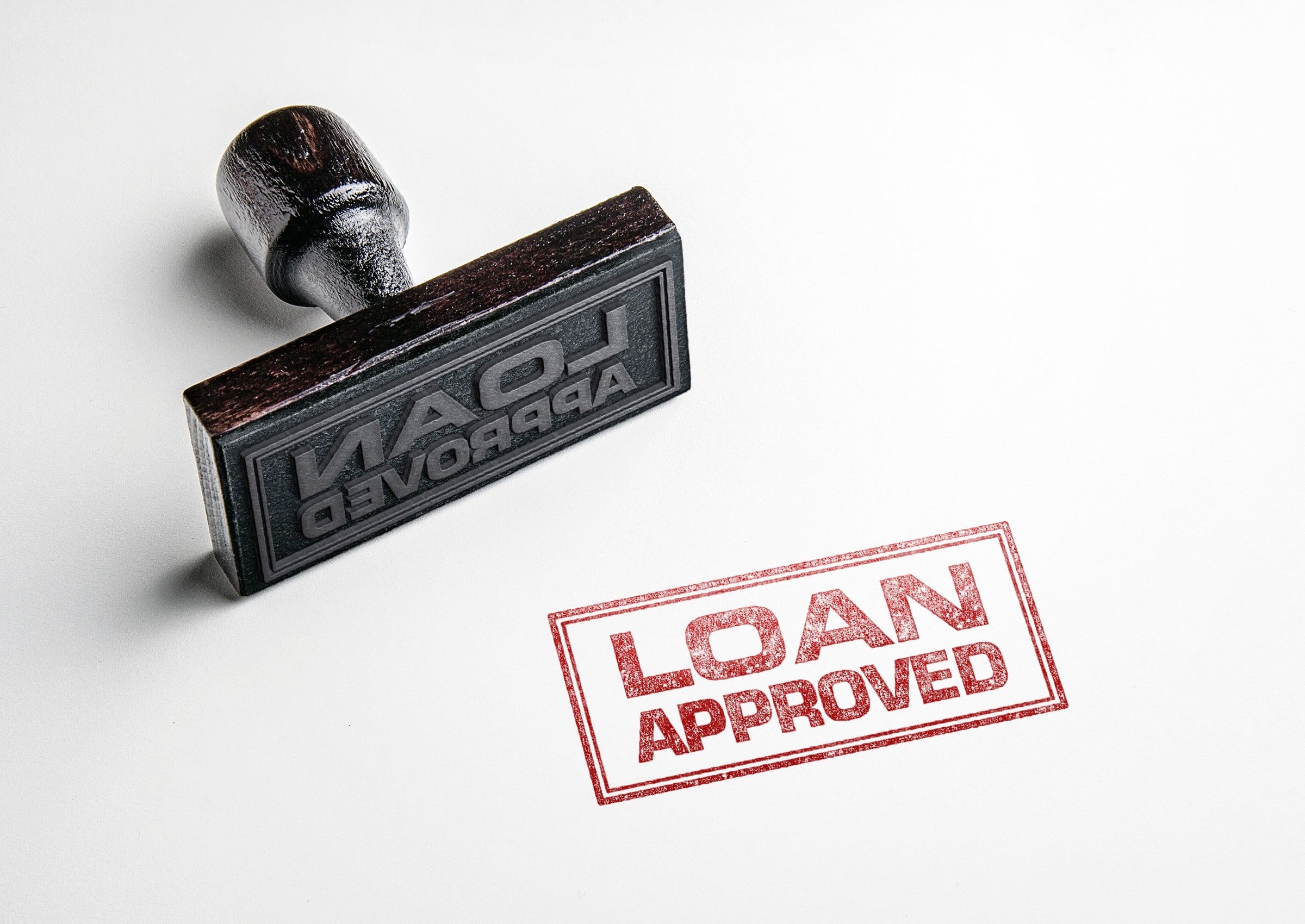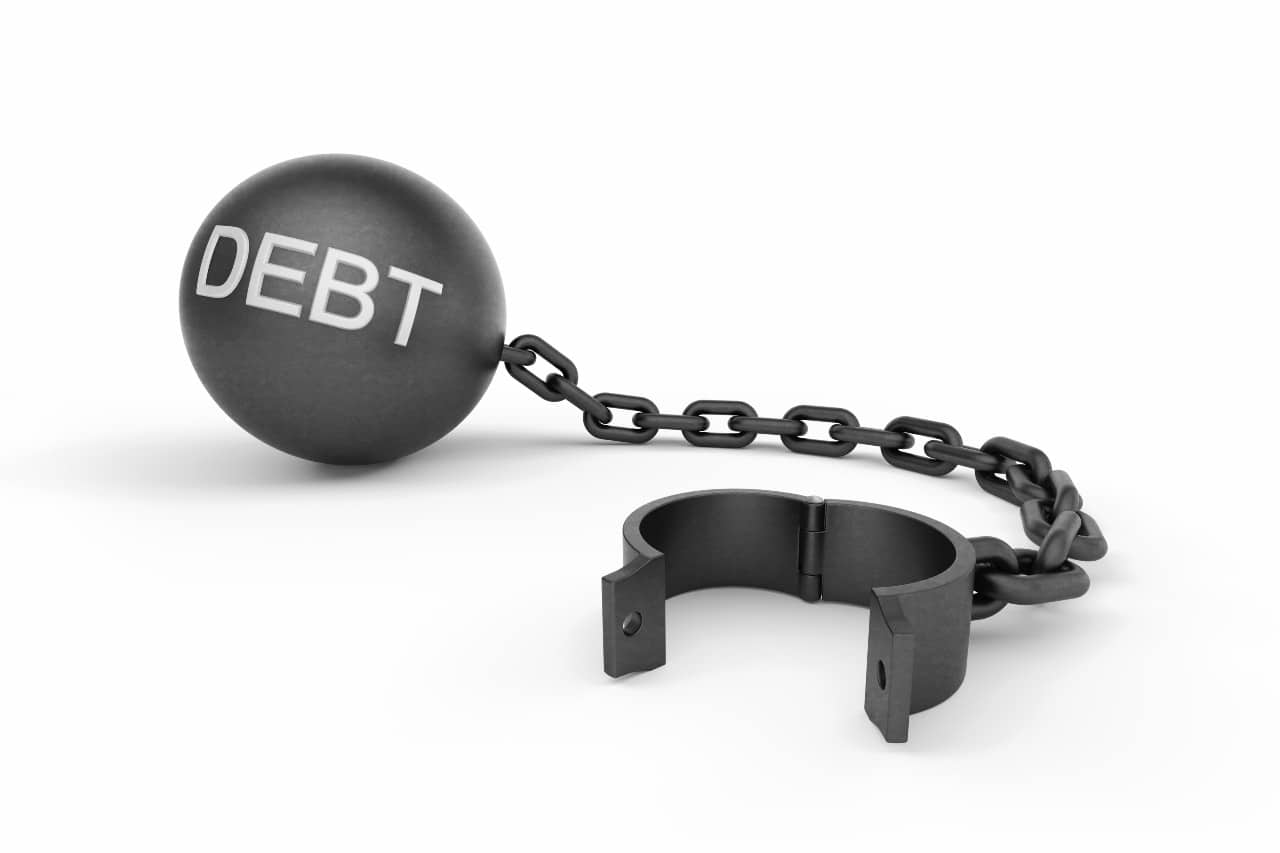It’s time to get down to the basics. In this article, we’re going to look at the basics of budgeting. Now I know what you’re thinking, a budget is no fun. While that may be the perception, this couldn’t be further from the truth. Topics include learning personal and family budgeting basics, the step of budgeting and living within your means. After reading this article, you’ll be well equipped with the financial tools you need to create a budget that will help you get ahead financially.
Learning Personal and Family Budgeting Basics
The word “budget” has a negative connotation for a lot of Canadians, but it doesn’t have to. A budget is a start of having better control of your finances, and it can be the foundation of a sound financial plan. When building a budget, don’t get overwhelmed and start with the basics.
What’s a Budget?
A budget is essentially a financial plan that shows how much income you expect to receive and how much money you expect to spend on expenses over a set time. By knowing how much money you have coming into your checking account, it makes it a lot simpler to figure out money you can afford to spend on expected and unexpected expenses. A budget will help you prepare no matter your financial situation.
Budget for Your Needs First
Some monthly expenses are fixed. Those are the monthly expenses you should budget for first. Examples include mortgage payments, car payments, insurance, and heating. These are all the set costs that you’ll need to put money aside for at certain times during the month. Once you have a handle on your set costs, you’ll know how much income you have to use.
Budgeting with a Positive Attitude
The last thing you want to do is go into budgeting with a bad attitude. When done right, a budget can let you have more fun and be comfortable with your finances. A monthly budget can be a huge stress reliever.
Don’t give yourself too hard of a time either. Sure, high-interest debt can be intimating, and it’s essential to pay it off, but leave some room in your budget to have a little fun. Nobody can be perfect with their budget all the time.
Tracking Your Progress
One of the most effective ways to keep your budget on track is by tracking your spending. It’s a good idea to set at least a couple of minutes aside every day to review your income and expenses. Keep a watchful eye on your debt and look for new ways to save money.
If you’ve been putting off creating a budget, it’s the ideal time to make it a priority and get it done.
Budgeting: Step by Step
When most people hear the word budget, their eyes glaze over. Some of us would rather go on a trip to the dentist than create a budget. But it doesn’t have to be like that. Here are some simple steps to create a budget and get your finances working for you, not the other way around.
What a Budget Isn’t
A budget isn’t a limit on your life. When you use budgeting calculators for the first time and create a budget, it can feel like every financial move you make is being watched, and you can’t do what you truly want. While that may be true, that’s not the right way to be looking at a budget.
What’s the Point of a Budget?
The primary purpose of a budget is to get your long-term goals in sync with your financial behaviours. But this is often easier said than done. Maybe a long-term goal of yours is saving for retirement or paying off credit card debt. That’s fine, but if you’re going on extravagant vacations you can’t afford then there’s a problem.
Step 1 – Figure Out Your Priorities and Goals
Even before you can think about budgeting basics, it’s a good idea to figure out your financial goals and priorities. You have to come to grips that you have a limited amount of money that comes in each month and that every single dollar will go somewhere. By thinking about your priorities and goals, you can help determine where your money will go.
Step 2 – Come to Grips That You Can’t Have everything
It’s just not possible to have everything you want in life and aggressively pay off your debts. Something has to give. Now that you decided on your financial priorities and goal, you’ll need to accept that it will require some sacrifices along the way.
Step 3 – List Your Income and Expenses
Add up your monthly income, so you know how much money you have coming in each month. This includes your full-time job, part-time job, and any side hustle you may have.
Next, add up your monthly expenses. This includes fixed expenses like your mortgage or rent, utilities, food, transportation, services etc. Take a look at your credit card statements and total identical purchases like gas or a particular coffeehouse you hit every morning.
Finally, add up your debt repayments. One with the minimums and one with overall totals for each lender as well as the interest rates. This includes credit cards, lines of credit, student debt, etc.
Take the total of your income and subtract your total expenses to come up with a final figure.
Step 4 – Making Some Tough Decisions
Hopefully, you get a positive number in step 3. If so, you can start using any money left over to build an emergency fund and pay off high-interest debt.
Chances are you are breaking even or worse in the negative. Now is the time to differentiate between needs and wants. Have a close look at the numbers and see if anything jumps off the page at you. Did you know you had a recurring charge for a magazine subscription?
The more money you’re able to save, the sooner you can reach debt freedom.
Step 5 – Prepare a Budget
Now it’s time to adjust your budget as needed for the coming months. It helps to use an average from the last few months as there may be unexpected expenses that skew your budget this month.
Come up with a budget for next month and figure out how much you can afford to spend in each category.
Step 6 – Show Patience
Rome wasn’t built in a day. It will take a while to adjust to your new budget. There will be expenses that you overlook, like birthday presents and Thanksgiving dinners. Keep a closer eye on everything, show patience, and pretty soon, you’ll know your budget better.
Step 7 – Keep the End in Mind
Isn’t it frustrating to run out of money before the end of the month? Run out of money on the restaurants spending category? It’s not going to be easy to say let’s eat at home, especially on those late nights out. Never lose sight that the money has to come from somewhere. Everyone in your family has to be ok with you taking money from entertainment to cover going out to a restaurant.
As you face these tough decisions, keep the end game in mind. With each tough decision that you overcome, you’ll be that much closer to being debt-free. And when that happens, think about how much more money you’ll have to spend on the fun stuff!
The Bottom Line
Creating a budget can seem difficult, especially when a whole family is involved. But a budget is a great way to regain control of your financial life and set yourself on the right path.
Are you struggling with your credit card? Speak to your financial institution and see if you can do a balance transfer to save on interest. Better yet, consider using your debit card going forward to limit your opportunity to spend.
Budgeting Basics: Be Happier by Living within Your Means
You live a relatively typical Canadian life. You regularly treat yourself to dinner, go on weekly shopping sprees at the mall, and pay for personal training sessions three times a week at the gym.
You were approved to spend $700,000 on a home, but you asked mom and dad to co-sign on your mortgage, so now you can suddenly spend $1,000,000. You and your partner have both been with your employers for over five years and earn above-average wages. You’ve started to think about starting a family.
You have lots of consumer debt – student loans, credit card debt, and a new car. But, there’s no need to fret. You’ve got this one. You still manage to make the minimum debt payments just like everyone else, you know. You contribute to your RRSP once a year with your income tax refund. You’re all prepared. Nothing can go wrong, until… oops! You lose your job, your car breaks down, and you get sick, all at the same time. Ouch!
Unfortunately, this is an all too familiar story. Maybe you’ve lived it yourself. Perhaps you know a family member who has. How can you avoid this situation? It’s simple; by living within your means.
There’s no shame in living within your means. You’ll live a much happier life. You won’t stress about losing your job and having your entire financial life unravel before your very own very eyes.
Living within your means is spending less than you make. It’s as simple as that. When you do that, you’ll have the financial cushion you need to deal with the financial curveballs that life throws at you. Because when it rains, it often pours, as the saying goes.










